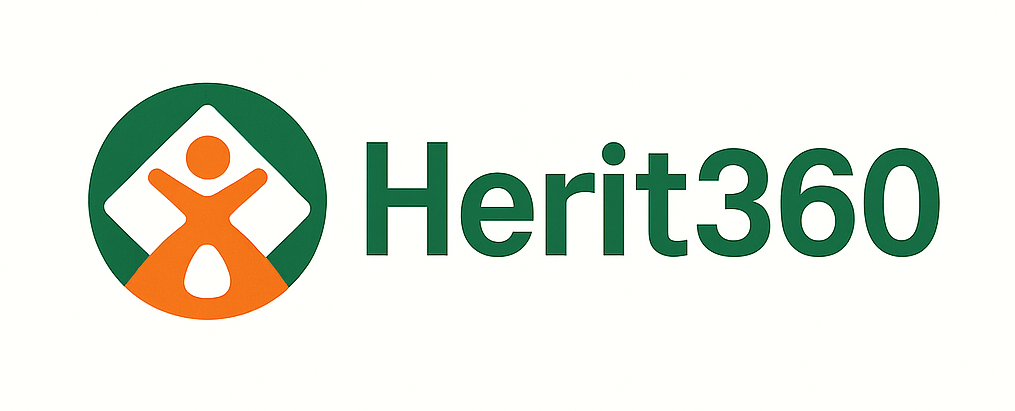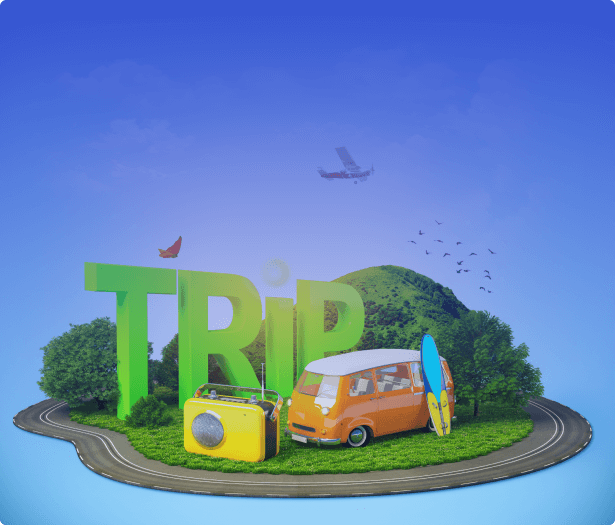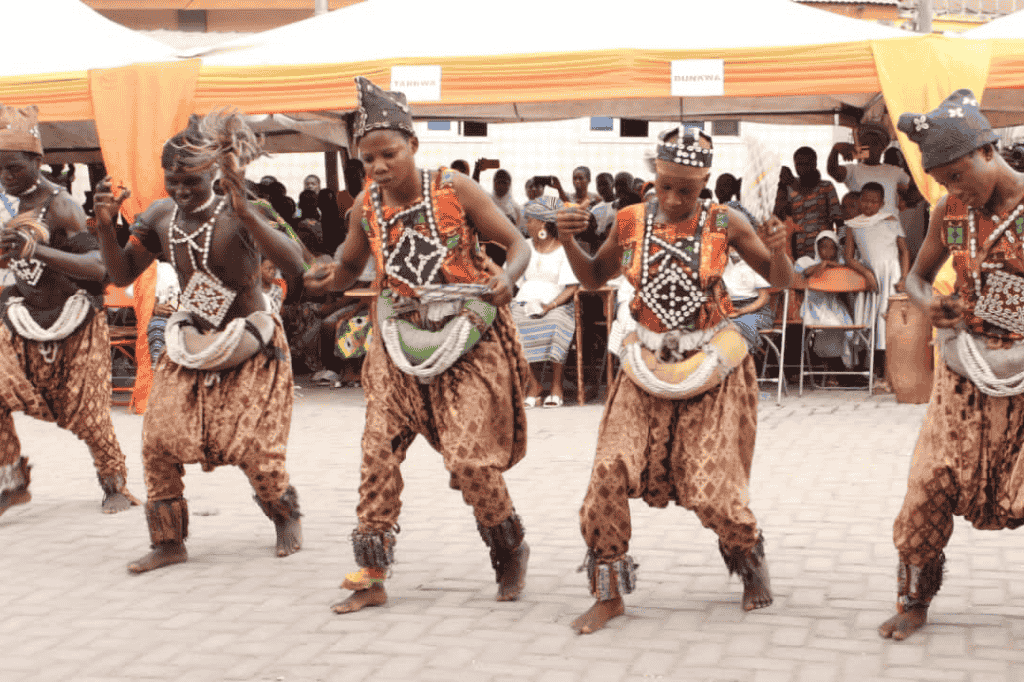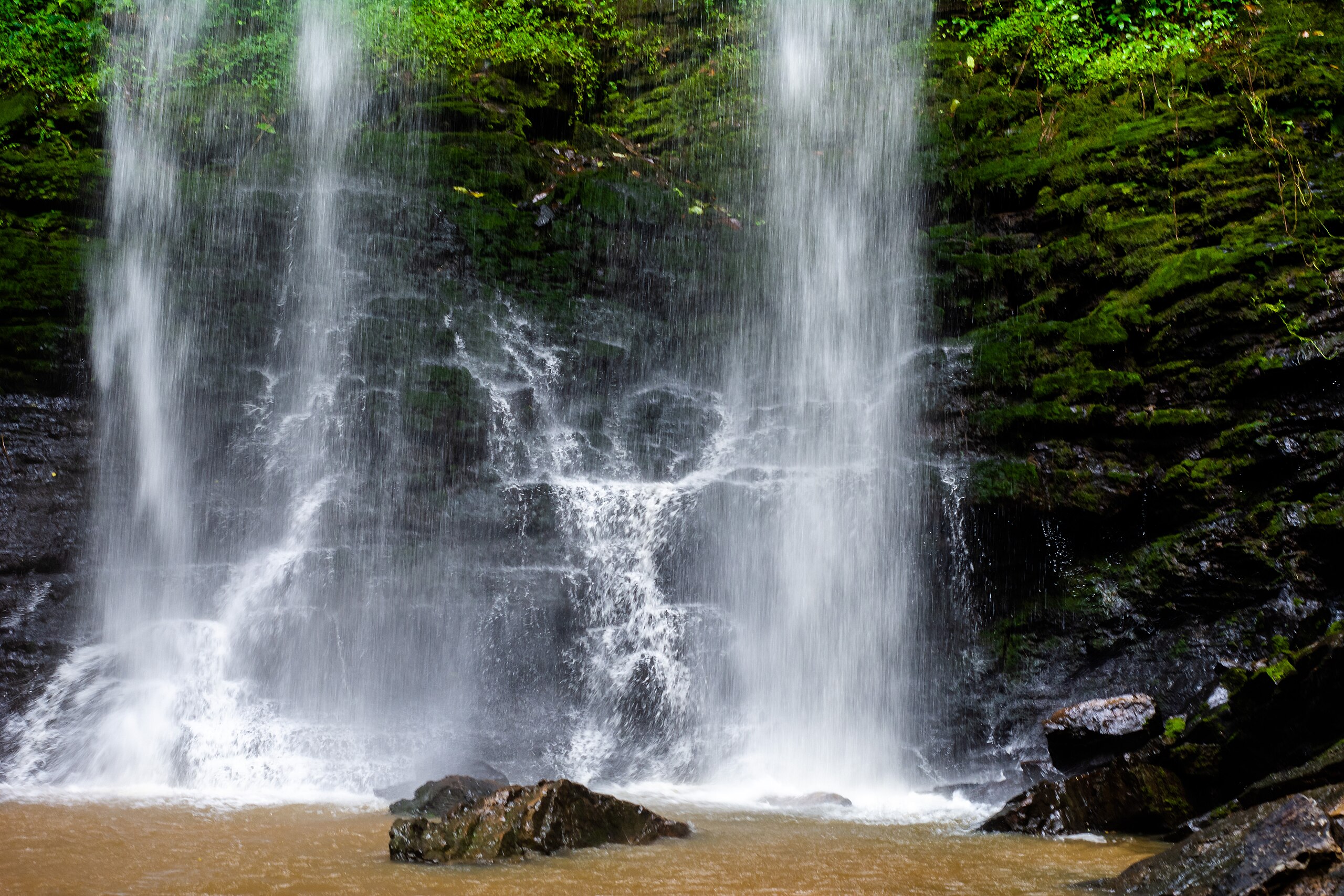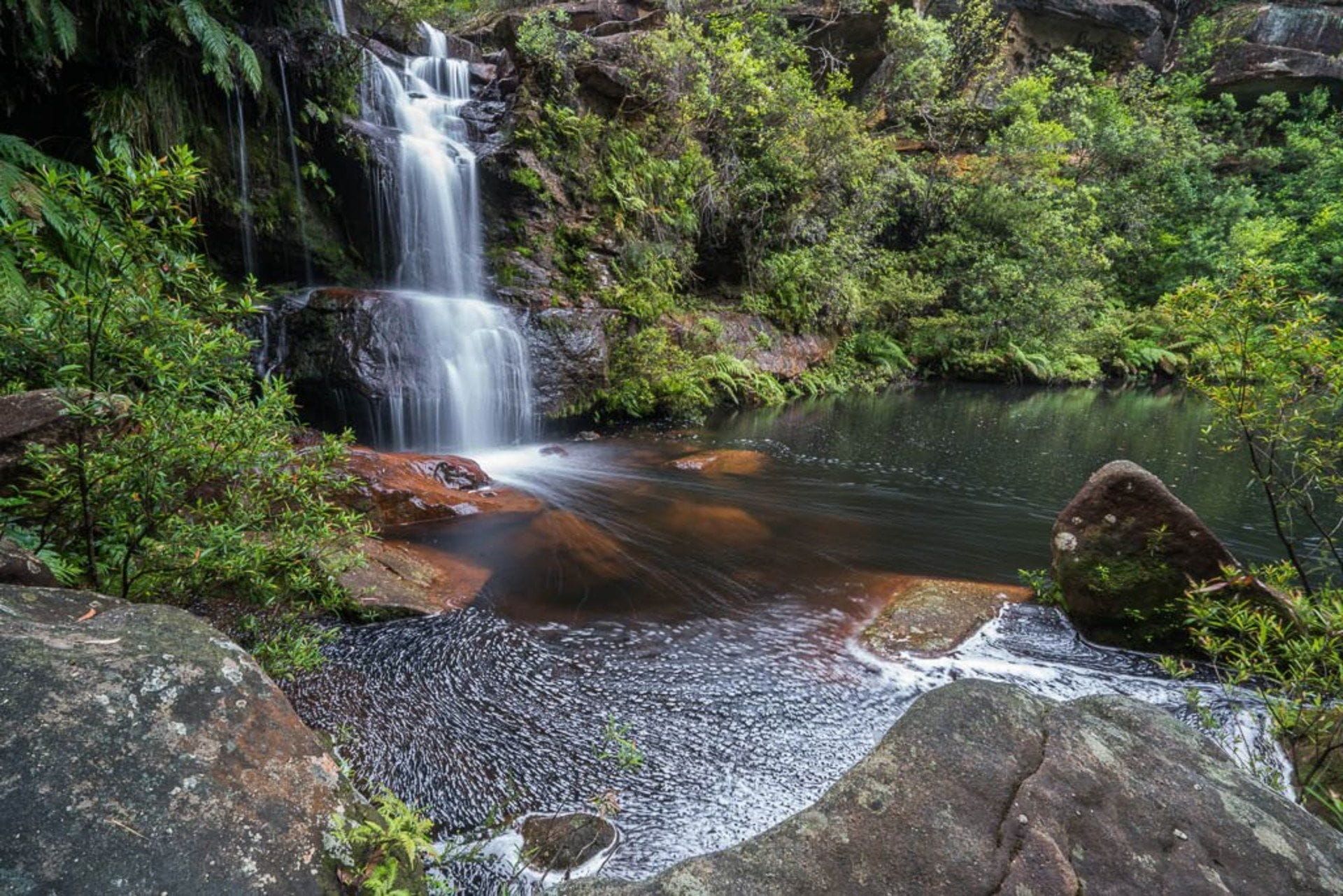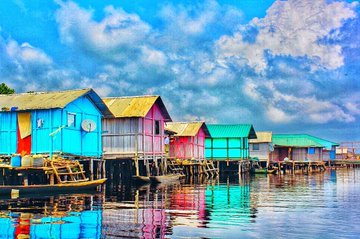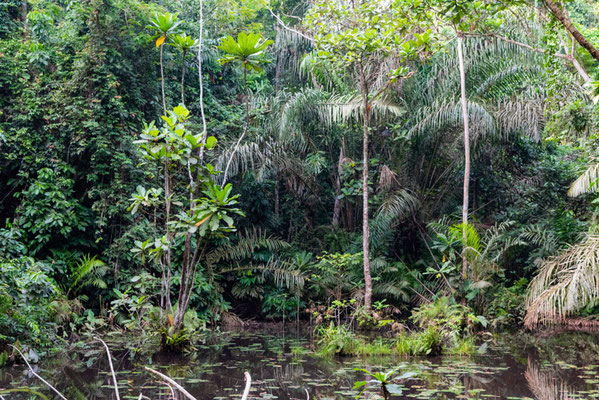
Festivals of Ghana
Homowo Festival (Ga People)
- About: Homowo means “hooting at hunger.” It commemorates a famine that once struck the Ga people during migration and celebrates the eventual bumper harvest. The people prepare Kpokpoi (cornmeal with palm nut soup) and sprinkle it across the town as a blessing.
- People/Region: Celebrated by the Ga-Dangme people in Accra.
- Time Frame: August.
- Unique Practices: Chiefs sprinkle food, drumming and dancing are restricted before the festival, and afterwards, drumming fills the city in joyous release.
Asafotufiam Festival (Ada People)
- About: Marks the bravery of ancient warriors who defended the Ada land. The warriors (Asafotufiami) reenact war scenes with muskets and war regalia.
- People/Region: Ada people, Ada Foah area in Greater Accra.
- Time Frame: First week of August.
- Unique Practices: Gun-firing displays, durbar of chiefs, beach celebrations, and cultural performances.
Ngmayem Festival (Shai Osudoku)
- About: A harvest festival to thank the gods and ancestors for a good harvest of millet.
- People/Region: Shai Osudoku people (Greater Accra/Eastern borderlands).
- Time Frame: October.
- Unique Practices: Offerings of millet, traditional drumming, and processions by the chiefs and elders.
Accra Food Festival
- About: A modern celebration of Ghana’s street food and international cuisine, bringing together vendors, chefs, and performers.
- People/Region: Hosted in Accra.
- Time Frame: Annually in September.
- Unique Practices: Food tastings, cultural dances, live music, and food exhibitions.
Ada Asafotufiam Street Carnival
- About: A modern carnival linked to the Ada Asafotufiam, blending war dances with street parades, floats, and musical shows.
- Time Frame: August (linked to Asafotufiam).
Ngmayem Festival (Krobo People)
- About: A millet harvest thanksgiving festival. Families reunite to share food, drinks, and heritage.
- People/Region: Krobo people (Yilo Krobo & Manya Krobo).
- Time Frame: Late October.
- Unique Practices: Chiefs pour libation, millet dishes are served, and there are music, dance, and cultural processions.
Ohum Festival (Akyem Abuakwa)
- About: Celebrates the harvest, especially new yam, and honors the ancestors. It is one of the oldest Akan festivals.
- People/Region: Akyem Abuakwa people in the Eastern Region.
- Time Frame: July/August (varies by community).
- Unique Practices: Sacrifices to gods, new yam feasts, and a durbar of chiefs.
Ohum (Alternate Date – Akim)
- About: Another variant of the Ohum festival, celebrated by the Akim people. Similar in focus on harvest and ancestors.
- Time Frame: December/January.
Dipo Festival (Krobo)
- About: A puberty rite for girls transitioning into womanhood. Girls are adorned with beads, paraded publicly, and taken through rituals of maturity.
- People/Region: Krobo land in the Eastern Region.
- Time Frame: April.
- Unique Practices: Bead-wearing, initiation dances, and instruction by elder women.
Akwasidae Festival (Ashanti Origin, but observed in Eastern areas too)
- About: Occurs every six weeks in the Akan calendar to honor ancestors and the stool (symbol of authority).
- People/Region: Observed in Akan communities, including Eastern Region.
- Time Frame: Every six weeks, on a Sunday.
Gyenpren Festival (Kwahu Tafo)
- About: A traditional festival of thanksgiving among the Kwahu Tafo community.
- Time Frame: Local calendar, often tied to harvest.
Kwahu Easter Festival (Kwahu People)
- About: A blend of Christian Easter celebrations with Kwahu cultural pride. Now one of Ghana’s largest tourism events.
- People/Region: Kwahu area, Eastern Region.
- Time Frame: Easter weekend (March/April).
- Unique Practices: Paragliding, hiking, street carnivals, live music, and traditional durbars.
Afenorto Festival (Mepe Community)
- About: A homecoming festival where families return to their roots, reconnect, and give thanks.
- Region/People: Mepe people, Eastern Region.
- Time Frame: July/August.
Aboakyer Festival (Effutu/Winneba – Central Region)
- About: The Aboakyer Festival, meaning "deer hunting," is one of Ghana’s most dramatic festivals. It commemorates the migration of the Effutu people from Timbuktu and their covenant with their god, Penkye Otu. Originally, human sacrifices were offered, but later replaced with wild animals, now specifically the deer.
- Region/People: Celebrated by the Effutu people of Winneba in the Central Region.
- Time: First Saturday in May each year.
- Rituals: Two Asafo (warrior) groups, Tuafo and Dentsifo, compete to capture a live deer without weapons. The deer is then presented as a sacrifice to the deity.
- Modern Relevance: The festival is a major tourist attraction, featuring drumming, dancing, pageantry, and a display of Effutu heritage.
Adae Kese Festival (Ashanti – Ashanti Region)
- About: A grand version of the Adae Festival of the Ashanti Kingdom, it celebrates Ashanti unity, history, and the power of the Golden Stool. It is often marked during significant anniversaries of the Ashanti Kingdom.
- Region/People: The Ashanti people in Kumasi (Manhyia Palace).
- Time: Not fixed—celebrated occasionally during special events like anniversaries of kingship or Ashanti victories.
- Rituals: The Asantehene sits in state; chiefs, queen mothers, and royals pay homage. Libations are poured to ancestors and the gods.
- Tourism Value: Attracts thousands including dignitaries from across the globe due to its cultural splendor.
Chale Wote Street Art Festival (James Town – Accra)
- About: A contemporary festival blending modern creativity with Ghanaian tradition. Started in 2011, it has become one of Africa’s most recognized street art festivals.
- Region/People: Celebrated in James Town, Accra.
- Time: Usually August.
- Activities: Murals, music concerts, fashion shows, spoken word, theater, graffiti, photography, food exhibitions.
- Modern Relevance: Promotes African creativity, attracts global tourists, and provides a platform for youth innovation.
Kwahu Easter Festival (Kwahu – Eastern Region)
- About: Ghana’s biggest Easter outdoor festival, famous for paragliding, hiking, and community gatherings. It blends Christianity, Kwahu traditions, and tourism.
- Region/People: Kwahu people in the Eastern Region (Obomeng, Mpraeso, Atibie).
- Time: Every Easter (March/April).
- Activities: Paragliding festival, street carnivals, church conventions, highlife music shows.
- Modern Relevance: Known as Ghana’s “party in the sky,” it attracts thousands of diasporans and tourists.
PANAFEST (Cape Coast & Elmina – Central Region)
- About: The Pan-African Historical Theatre Festival was initiated in 1992 to promote Pan-Africanism, cultural unity, and healing from slavery.
- Region/People: Cape Coast and Elmina (Central Region).
- Time: Every two years, usually July/August.
- Activities: Re-enactments of the slave trade, cultural exhibitions, academic lectures, music, and theater.
- Modern Relevance: PANAFEST strengthens the African diaspora’s connection with Ghana and commemorates resilience in the face of slavery.
Emancipation Day (Cape Coast, Assin Manso, Accra)
- About: Commemorates the abolition of slavery and honors ancestors taken into slavery. Initiated in 1998.
- Region/People: Mainly observed in Cape Coast, Elmina, Accra, and Assin Manso (where enslaved Africans took their last bath).
- Time: July 27–August 1 annually.
- Activities: Candlelight processions, tours of slave castles, wreath-laying, cultural performances.
- Modern Relevance: Attracts the African diaspora for spiritual reconnection and reflection.
Ghana Party in the Park (Accra & UK)
- About: A modern cultural festival, started in London to connect Ghanaians in the diaspora with their culture through food, music, and art.
- Region/People: UK (London) and occasionally Accra.
- Time: July (summer).
- Activities: Live performances, Ghanaian street food, art exhibitions, fashion shows.
- Modern Relevance: A bridge between Ghana and its diaspora; also a tourism marketing tool.
Asafotufiam Festival (Ada – Greater Accra Region)
- About: Celebrates the bravery of the Ada warriors in past battles. “Asafotufiam” means “firing of musketry.”
- Region/People: Ada people, Greater Accra Region.
- Time: First week of August.
- Rituals: Re-enactment of war scenes, firing of muskets, drumming, dancing, and durbars.
- Modern Relevance: Strengthens identity of the Ada people and draws cultural tourism.
Accra Food Festival (Accra)
- About: A modern culinary festival showcasing Ghana’s diverse cuisine alongside international flavors.
- Region/People: Held in Accra.
- Time: Usually September/October.
- Activities: Food stalls, cooking competitions, tastings, music, and cultural displays.
- Tourism Value: Appeals to food lovers, promotes local food industries.
Afrochella (Now AfroFuture) – Accra
- About: A December music and cultural festival created to celebrate African talent in music, art, and fashion. Rebranded as “AfroFuture.”
- Region/People: Accra, Ghana.
- Time: December (part of “December in GH” tourism drive).
- Activities: Music concerts, fashion shows, cultural exhibitions, food markets.
- Tourism Value: Attracts thousands of diasporans; positions Ghana as Africa’s December party capital.
Edina Bakatue Festival (Elmina – Central Region)
- About: Bakatue means “opening up of the lagoon.” It marks the beginning of the fishing season for the Elmina people and is deeply linked to their spiritual and economic lives.
- Region/People: Elmina people, Central Region.
- Time: First Tuesday in July.
- Rituals: Chiefs ride in palanquins, libations are poured to the river gods, a sacred net is cast into the lagoon, and fish caught is used for rituals.
- Modern Relevance: Promotes Elmina’s fishing heritage and draws tourists to its historic castles and fishing traditions.
Edina Bronya (Elmina – Central Region)
- About: Known as the “Elmina Christmas,” it originated from Dutch colonial rule in the 19th century, when the Dutch governor introduced it as a version of Christmas for the local people.
- Region/People: Elmina, Central Region.
- Time: First Thursday in January.
- Rituals: Family reunions, feasting, drumming, dancing, and exchange of gifts.
- Modern Relevance: Strengthens community ties and preserves a unique colonial-era tradition.
Apoo Festival (Techiman & Wenchi – Bono East Region)
- About: A festival of purification, where social wrongs are exposed and corrected through satire, songs, and drama. “Apoo” means “rejection.”
- Region/People: Bono and Wenchi people.
- Time: April/May.
- Rituals: Singing of satirical songs, public ridicule of wrongdoers, durbars of chiefs, and dancing.
- Modern Relevance: Encourages accountability and free expression in society.
Kundum Festival (Western Region)
- About: One of the oldest festivals in Ghana, said to date back 500 years. It celebrates the harvest season and thanksgiving to God and the ancestors.
- Region/People: Ahanta and Nzema people of the Western Region.
- Time: August to October, varies across communities.
- Rituals: Drumming, dancing, purification of stools, slaughtering of animals, and lighting of sacred fires.
- Modern Relevance: Preserves Nzema cultural identity and harvest traditions.
Ngmayem Festival (Dodowa – Greater Accra Region)
- About: A harvest festival thanking the gods for millet, which saved the Krobo people during famine.
- Region/People: Krobo people, Dodowa (Greater Accra).
- Time: October.
- Rituals: Processions of chiefs, display of traditional beads, eating of millet meals, singing and dancing.
- Modern Relevance: Highlights Krobo bead-making traditions, making it attractive to tourists.
Homowo Festival (Ga People – Greater Accra Region)
- About: Homowo means “hooting at hunger.” It commemorates a historic famine that struck the Ga people and celebrates the bumper harvest that ended it.
- Region/People: Ga people, Accra.
- Time: August–September.
- Rituals: Planting of maize in May, sprinkling of kpokpoi (traditional corn meal), drumming and dancing, twins’ outdooring, and ban on drumming before the festival.
- Modern Relevance: One of Ghana’s most famous festivals, it showcases Ga culture and attracts diaspora Ghanaians.
Odwira Festival (Akwapim – Eastern Region)
- About: A cleansing and thanksgiving festival that celebrates victory, unity, and harvest.
- Region/People: Akwapim people, Eastern Region.
- Time: September/October.
- Rituals: Purification of stools, performance of ancestral rites, durbars of chiefs, feasting, and drumming.
- Modern Relevance: A central festival for the Akwapim and a platform for cultural diplomacy.
Hogbetsotso Festival (Anlo-Ewe – Volta Region)
- About: Commemorates the migration of the Anlo-Ewe people from Notsie in present-day Togo to their current home in Ghana.
- Region/People: Anlo-Ewe, Volta Region (Anloga).
- Time: First Saturday in November.
- Rituals: Re-enactment of migration story, purification of stools, communal labor, processions, and grand durbar.
- Modern Relevance: A major tourist festival, widely attended by political leaders, diplomats, and visitors.
Hogbeza Festival (Somey-Ewe – Volta Region)
- About: Like Hogbetsotso, it commemorates the migration of the Ewe but is specific to the Somey people.
- Region/People: Somey-Ewe, Agbozume (Volta Region).
- Time: November.
- Rituals: War dances, drumming, storytelling, and processions.
- Modern Relevance: Preserves the migration heritage and strengthens unity among the Ewe.
Gologo Festival (Talensi – Upper East Region)
- About: A pre-harvest fertility festival linked to the sowing of millet and prayers for a good harvest.
- Region/People: Talensi people, Upper East Region.
- Time: March/April.
- Rituals: Wearing of minimal clothing (leaves or simple cloth), sacrifices to gods, dancing, and drumming.
- Modern Relevance: Maintains indigenous spirituality and attracts researchers in African religion and anthropology.
Damba Festival (Northern Ghana – Dagomba, Mamprusi, Gonja)
- About: Originally a religious festival marking the birth of Prophet Muhammad, but it has evolved into a cultural celebration of chieftaincy, unity, and dance.
- Region/People: Dagomba, Mamprusi, and Gonja people.
- Time: 11th month of the Dagomba lunar calendar (October/November).
- Rituals: Horse riding, drumming, singing, dancing, and durbars of chiefs. Warriors display martial dances and regalia.
- Modern Relevance: Blends Islamic influence with indigenous traditions, reinforcing chieftaincy and culture.
Fire Festival (Bugum Festival – Northern Ghana)
- About: A commemoration of a historic event when a lost prince was found using torches.
- Region/People: Dagomba, Mamprusi, Nanumba, Gonja, and other northern tribes.
- Time: First month of the Dagomba calendar (January).
- Rituals: Lighting of torches, processions, drumming, dancing, and singing war songs.
- Modern
Related content
Interdum et malesuada fames
